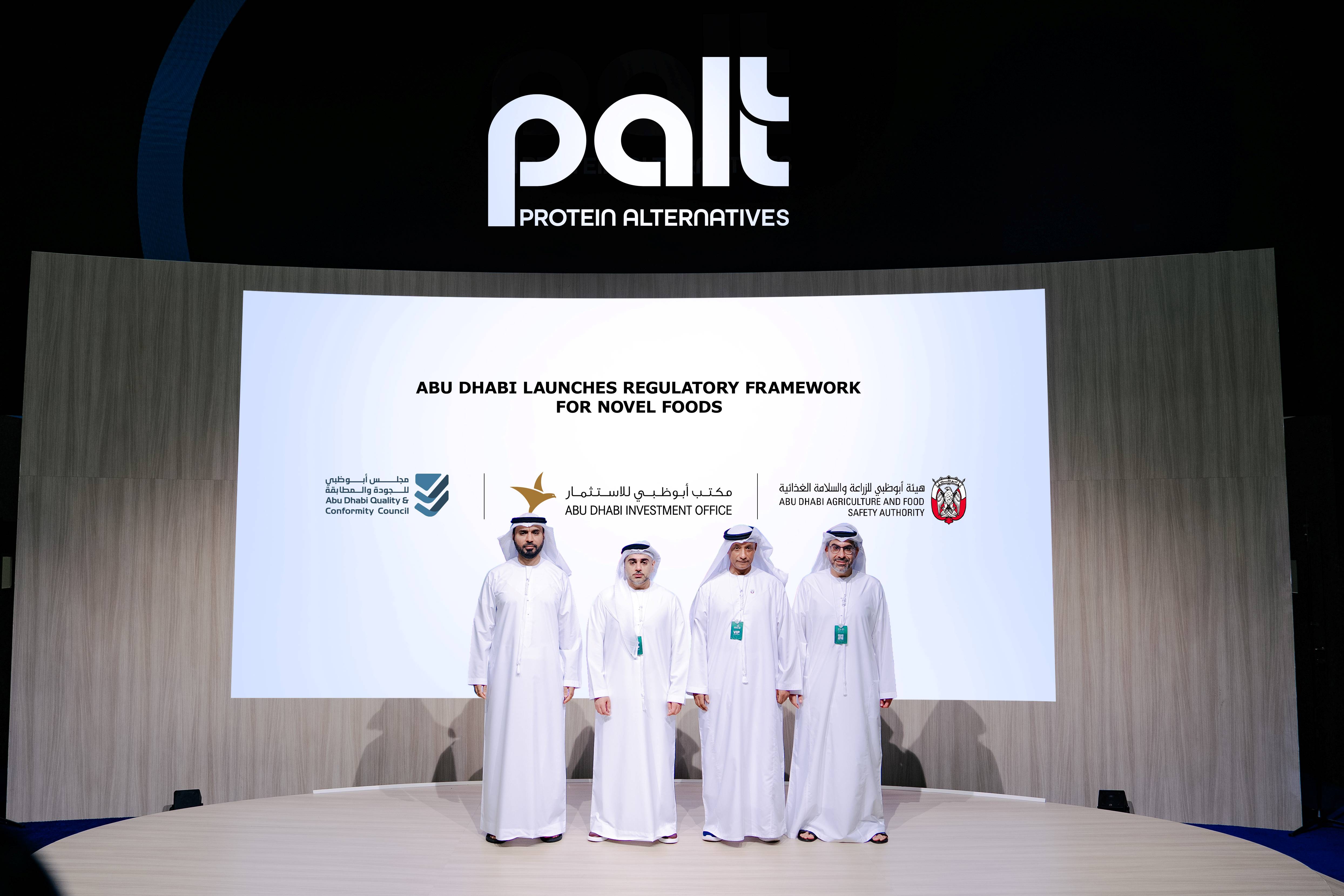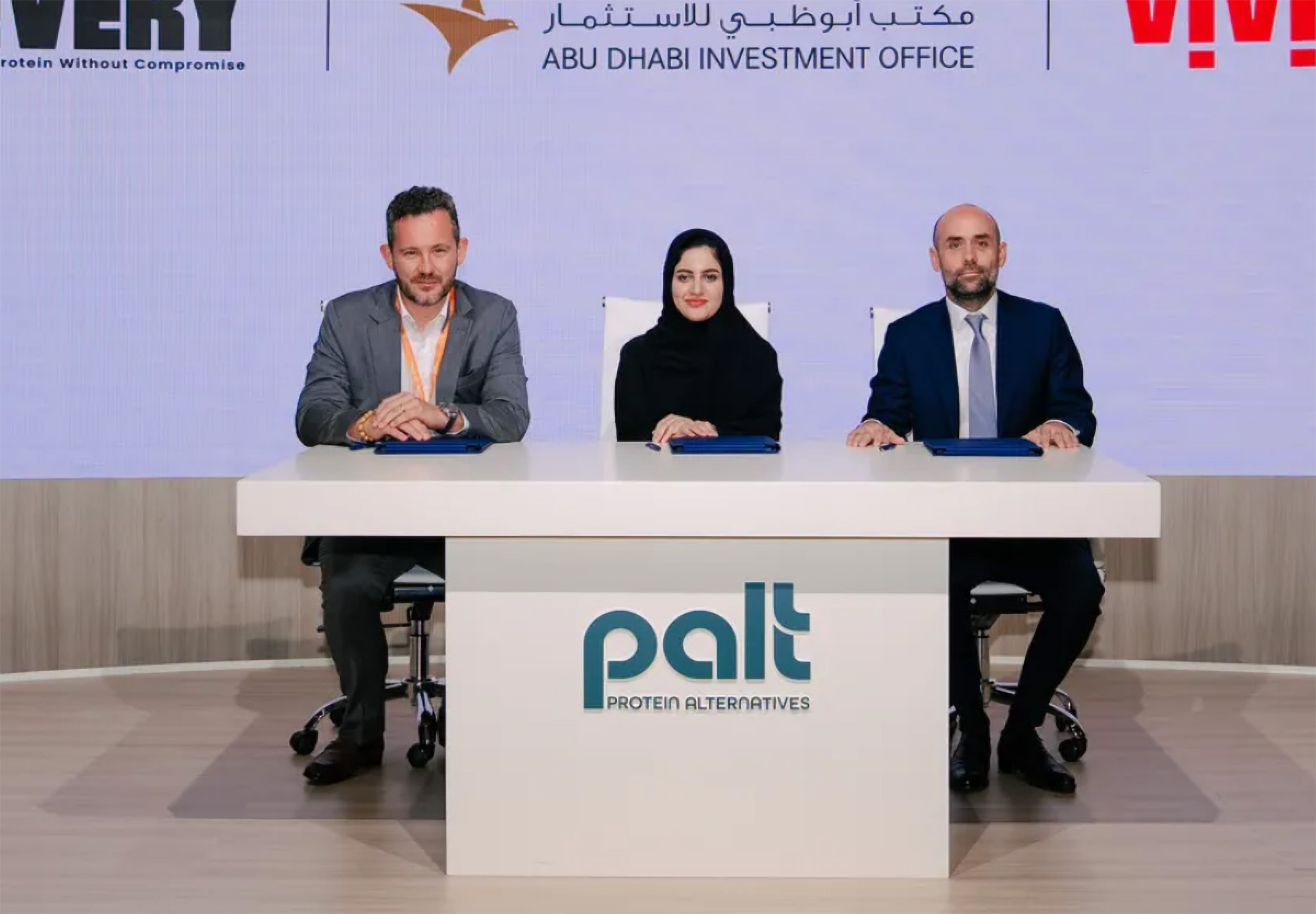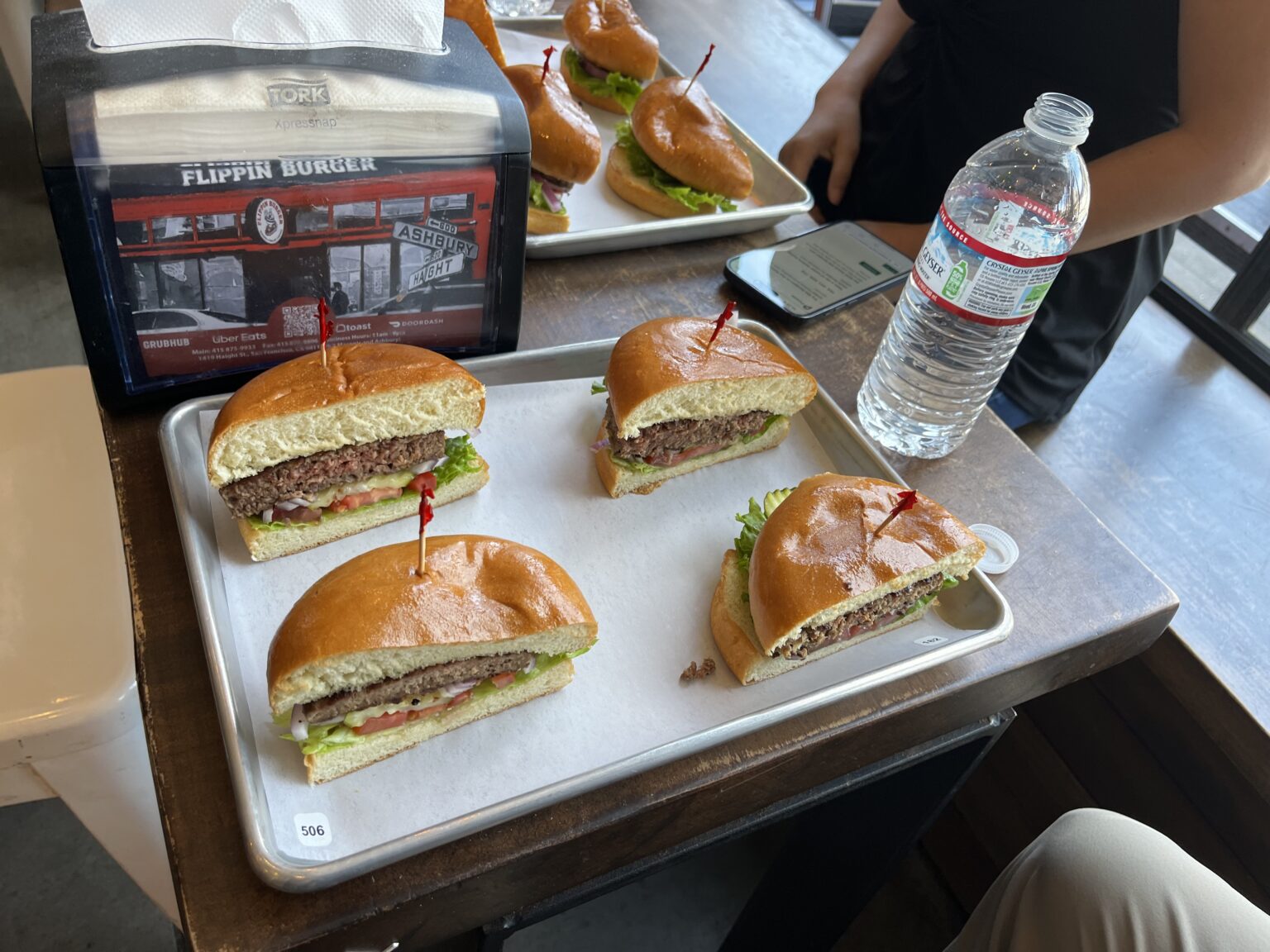

Afterlife wins the fifth edition of the Dutch 4TU Impact Challenge
The final of the 4TU Impact Challenge took place on Thursday 12 October for the fifth time and was hosted by Eindhoven University of Technology. The professional jury selected Afterlife from Wageningen as the winner. This company uses fungi to make edible protein products from agro-food waste streams. Delft-based, Geotherm Electric, which helps industrial plants by converting waste heat into electricity, walked away with the audience award.
Afterlife makes high-quality proteins from waste streams through fungal fermentation. In doing so, the startup aims to create new opportunities for food manufacturers, bridging the gap between sustainable proteins and a circular economy. The professional jury, led by Eindhoven's Rector Magnificus Silvia Lenaerts, chose Afterlife from eight finalists.
“It's wonderful to see how many good, innovative ideas there are among the finalists," Lenaerts said. "That is why it is so important that universities support these start-ups so they can take their technology and innovations further. This way we can create social and economic impact to society.”
"Unbelievable! We didn't expect to win in this strong field! This is definitely a boost for our confidence," enthused Marisol Calderon and Tim Bongers of Afterlife. "We are going to celebrate this victory with the rest of our team and look forward to the future for Afterlife. We would like to thank 4TU, the judges, the audience and the other participants for this amazing opportunity."
The Dutch 4TU Impact Challenge represents an up-and-coming generation of professionals and change makers. Each technology university delegates two teams that excel with a student team or student startup in developing technology to solve various societal challenges.
In addition to innovations in the food chain and in the fields of AI and health, almost all of the finalists are working on sustainability. For example, team sanSpore from Delft uses sensor technology to limit the use of harmful pesticides in greenhouses. Twente was presented by team Ai.Call and team 3D Medical Suppport, which focuses on improving medical procedures by the 3D printing of medical models based on innovative material. The team BB&B from Wageningen is working on insulation materials with a low carbon footprint .
Eindhoven was represented by student teams SOLID/IRHYS and Artic. Team SOLID/IRHYS previously became known for its pioneering use of iron powder as an energy conductor. This resulted, among other things, in the spin-off RIFT and is an excellent example of knowledge valorization.
The 4TU Impact Challenge was the festive and concluding part of the 4TU Impact Day, a day on which a delegation of the four technology universities comes together to exchange knowledge and ideas with each other. The four technology universities in the Netherlands work together in the 4TU.Federation.
If you have any questions or would like to get in touch with us, please email info@futureofproteinproduction.com






